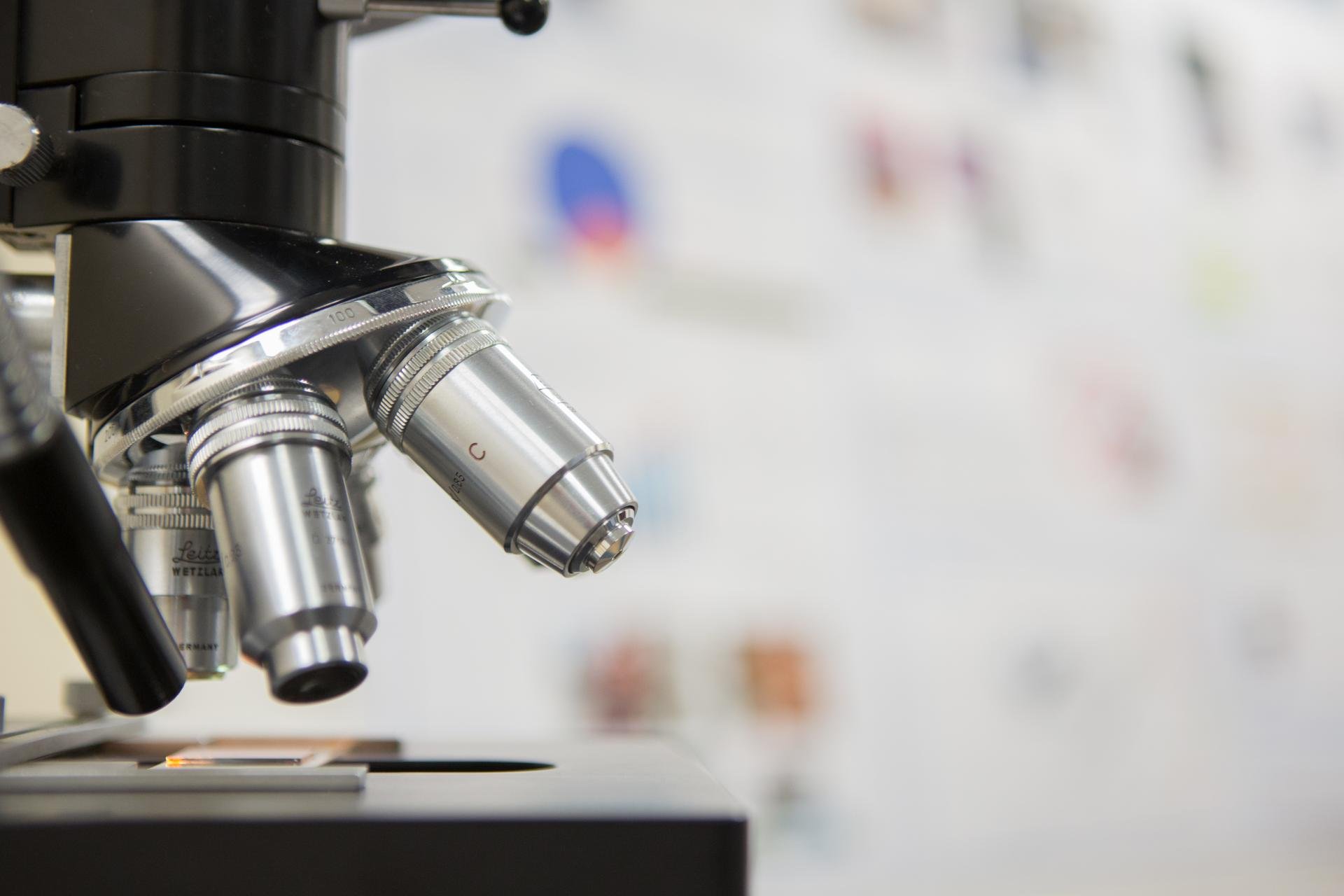Tech Maturation Awards Bring Potentially Transformative GW Inventions Closer to Market
Five patent-protected technologies developed by inventors and researchers at the George Washington University received Technology Maturation Awards (TMA) from GW’s Technology Commericialization Office (TCO) for their significant potential impact on their respective fields.
Each winning project received internal research funding of $50,000 for a term of six to 12 months. This funding will facilitate the development of these technologies through proof-of-concept, prototyping or scale-up work, bringing them closer to the marketable stage of commercialization and increasing their draw for potential business partners.
“Most inventions from universities require extensive development before they become products, but often academic grants do not cover such activity,” TCO Director Brian Coblitz said. “We are fortunate to be able to reinvest proceeds from TCO's past successes into projects that advance GW inventions and make them more attractive to companies. The number and quality of proposals this year indicate growing faculty commitment to impacting society with the results of GW research.”
Awardees said the grants would allow them to complete crucial work in the developmental no-man’s-land between invention and marketable production.
“Receiving the Technology Maturation Award from TCO holds immense significance for me and my team,” said Assistant Professor of Civil and Environmental Engineering Xitong Liu of the School of Engineering and Applied Science (GW Engineering). Liu and his team won for "Chemical-Free Extraction of Lithium from Brines," a technology that produces lithium hydroxide—the necessary ingredient in lithium-ion batteries—directly from geothermal brine, rather than through the expensive and environmentally destructive traditional mining process.
“The award not only provides us with crucial funding support but also acts as a catalyst for our technology's journey toward commercialization,” Liu said. “With this funding, we can further refine and optimize our processes, conduct rigorous testing and overcome any technical challenges that may arise. It allows us to accelerate our research and development efforts, bringing us closer to the goal of making our technology commercially viable. We are excited about the next steps in our journey and remain committed to delivering a sustainable and efficient solution for chemical-free lithium extraction to the market.”
The other awardees are:
GW Cancer Center Director of Biomaterials and Nanotechnology Facility and Associate Professor of Medicine Rohan Fernandes and Assistant Research Professor of Biochemistry and Molecular Medicine Elizabeth Sweeney, both from the School of Medicine and Health Sciences (SMHS), for "T-cells targeted against multiple antigens for cancer treatment." This cell therapy manufacturing platform builds multi-antigen-specific immune cell products to treat cancer, activating a patient’s immune cells against multiple specific targets simultaneously.
Associate Professor of Biomedical Engineering Zhenyu Li of GW Engineering for the Vital Ring, a wearable wireless multiple-lead electrocardiogram (ECG) sensor embedded in a flexible finger ring. The technology, intended for patients at risk of adverse cardiac events, makes health monitoring easier by sending the ECG signals it detects wirelessly to a smartphone for display and analysis.
“We are really thankful for receiving a TMA,” Li said. “The award will allow us to further develop a prototype and show its commercial potential, which is necessary for attracting future investors and experienced licensees. Without the TMA, it might be difficult for us to attract either public or private funding for such published innovations which still need further validation.”
Associate Professor of Biomedical Engineering Chung Hyuk Park of GW Engineering for "Apparatus for Automated Nerve Identification with Polarimetric Imaging and Artificial Intelligence," a deep-learning network framework that can, by identifying nerve tissues, allow effective and accurate performance of nerve-related surgery and provide heightened situational awareness during such surgery.
“I am extremely excited yet humbled to receive this Tech Maturation Award,” Park said. “Starting out from a collaborative idea even without funding, it was really great that our years of work have come to fruition, and further recognized by peer researchers and reviewers with entrepreneurship experiences that our research has potential for making real impacts! My team was deeply encouraged to further enhance the technology and bring more exciting outcomes, and this TMA award will be a great booster for our next journey. Thank you!"
Associate Professor of Engineering Management and Systems Engineering Ekundayo Shittu of GW Engineering for “Technology Maturation of a Novel System for Asset-Agnostic Wireless Monitoring of Medical Equipment,” a novel system that utilizes non-intrusive load monitoring, machine learning, edge computing, and reliability analysis techniques to comprehensively evaluate medical equipment utilization and condition in hospitals. The system requires no modifications to medical equipment, can be deployed rapidly and inexpensively and provides hospitals with actionable data at scale.
“To say that I am excited to receive the TMA would be an understatement,” Shittu said. “Sincerely, it is this type of support structure we have at GW that sets the institution apart from others. This funding will empower our team to build on our prior success of developing innovative medical equipment management systems, advancing this technology towards market in significant leaps where it will benefit patient safety and improve hospital efficiency. My gratitude to the GW Technology Commercialization Office is boundless.
This article was published by GW Today.

